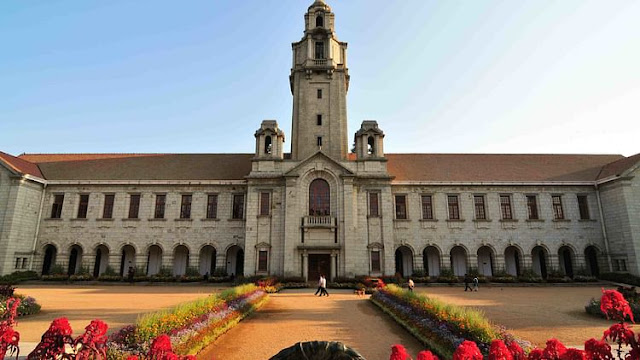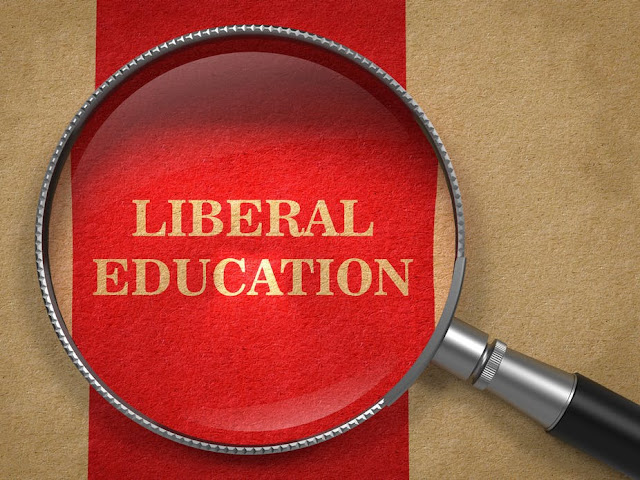Another beginning
I wrote this blog through my 20 year stay in Britain, some years more diligently than others. No one, including myself, would ever look at the archives perhaps, but if one did, one theme would stand out: Restart! For the first 10 years of my career, spent in India and then in other countries in Asia, I followed a straight path: Working in companies, growing into more senior role, within the training sector. It was somewhat regular life. I had KPIs and month-ends, appraisals, holiday forms and salary raises, which I worried about. However, I left all that and came to Britain in 2004. I came without a job - therefore, it was a proper restart! I assumed that my experience within the IT Training sector would get me a similar or a better job, but the IT training industry was very different in the UK and my skill sets did not travel well. I landed up managing accounts in an e-learning company, a role and an industry in which I had absolutely no prior experience. Therea...









